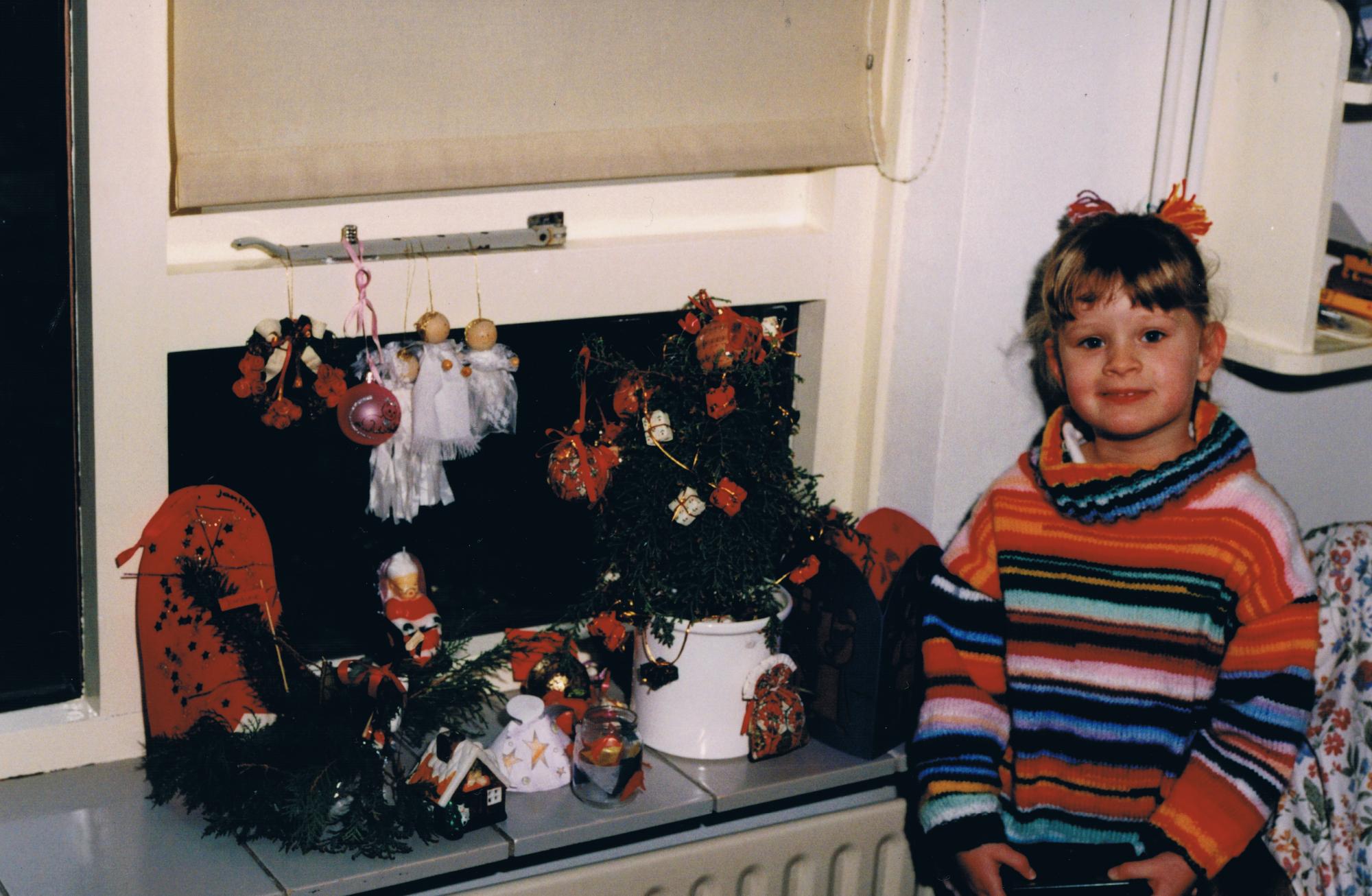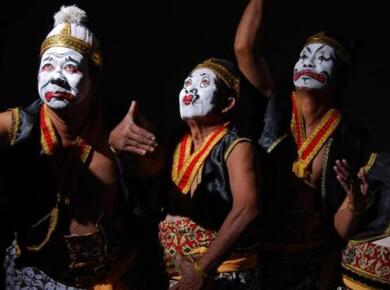Posted: March 2, 2018
Christian communities around the world celebrate Christmas together yet each culture has their own traditions. Here, Anabaptist brothers and sisters from different regions share how they celebrate.
Light
The Netherlands
Christmas is my favourite time in the year. I associate it with Christmas music, candlelight and good times with family and friends. Most importantly, Christmas is a time in which I am reminded about the light that Jesus brought into the world.
In the Netherlands, Belgium, Luxembourg and Northern France, we celebrate the name day of Saint Nicholas (6 December) by giving gifts. Mostly families with young children celebrate Sinterklaas. We give gifts on another day than Christmas, because Christmas is about celebrating the gift from God: Jesus’ birth. Separating the two leaves time for focussing on the message of Christmas, while sharing presents with family and friends on another evening.

—Jantine Huisman, YABs Committee member, Europe representative
Ugahari
Indonesia
In Indonesia, Christmas means rainy season, the wettest time throughout the year. But it is hot! Our tradition in Gereja Kristen Muria Indonesia/GKMI (Muria Christian Church of Indonesia), one of the Mennonite church in Indonesia, is to do social activities: we visit orphanages or nursing homes, share some rice wrapped with banana leaves with people who are homeless, and perform wayang kulit (shadow puppets) or wayang orang (theatrical dance) with stories from the Bible.
Our special tradition is to make Christmas trees from recycled materials like used plastic bottle, CDs, umbrellas, plastic bags, old newspapers, or from fruit and vegetables. These activities are symbols of “ugahari,” which means simplicity, frugality and humility, also the wholeness of creation. In this way, we’re following the footsteps of the Lord in Christmas.
—Mark Ryan, editor of “berita GKMI” magazine, Central Java
The reason
Ethiopia
In Ethiopia, we celebrate Christmas on 6 January. It’s due to the Julian calendar that we use and also the Orthodox church influence on the culture. Christmas is one of the biggest celebrations next to Easter.
The typical Christmas tradition in most Anabaptist churches in Ethiopia is that children present a play and a song about Christmas and teenagers also present a play that reminded us of the life that we need to live for the very reason that Christ was born. Afterwards, the children and teenagers serve a snack, candy and the like, to the congregation. In my congregation (Gurd Shola Meserete Kristos Church), the program takes place on Sunday a week before the date of Christmas.
—Tigist Tesfaye Gelagle, YABs staff mentor
Marketplace story
Canada
There is a tradition to present a “living nativity” at Christmas, where people costume act as Mary and Joseph to create a life-sized “manger scene.” But some North American church go even bigger. They create a miniature Bethlehem town and invite everyone to come experience a first-century re-enactment. Volunteers in roles from shopkeeper to shepherd share the story of Christ’s birth as visitors walk through “town.”
“We enjoyed doing ‘A Night in Bethlehem,’ as we called it, for two years,” says pastor Greg Bright of Gateway Community Church, a Mennonite Brethren congregation in Canora, Saskatchewan, Canada. “We received a positive response from the community and extensive coverage in our local paper.”
—Karla Braun, MWC writer
The Kingdom of God
Mexico
What do we do at Christmas in the Anabaptist community Dios con Nosotros (God with Us)? Essentially, we seek to combine the elements of Mexican culture and the Christian tradition in a way that most faithfully reflects the Advent of Jesus on Earth. For example, we use the Advent Wreath as well as the Posada (a Franciscan tradition used to evangelize the Indigenous people. It is this tradition that gave rise to the piñata). During the Posada, we as a church body offer punch and sweets to our neighbors and share our faith. Our Christmas church service ends with a community dinner. This year, we would like to hold a “solidarity gift swap” instead of exchanging gifts with everyone so that our brothers and sisters do not have to spend so much. This is how we all learn together about the meaning of Christmas. The Lord is born, and he has brought us peace! But also, justice, and he continues to announce the Kingdom of God through his church.
In my family, we sing hymns that celebrate Jesus and his love before eating dinner at midnight on December 24th. Our celebrations end on January 6.
—Rodrigo Pedroza, pastor, Dios con Nosotros (God with Us) Church
—Mennonite World Conference release

Join the Conversation on Social Media
FacebookTwitterInstagramFlickrYouTube